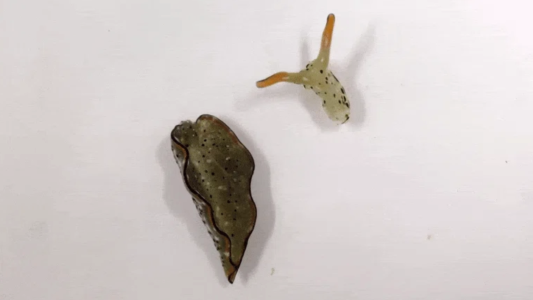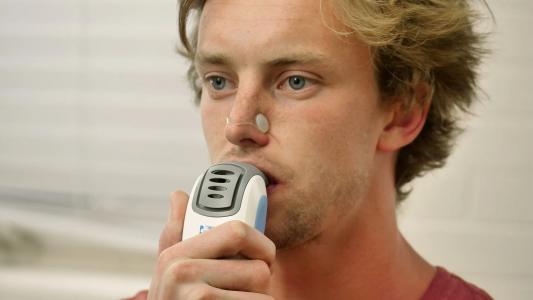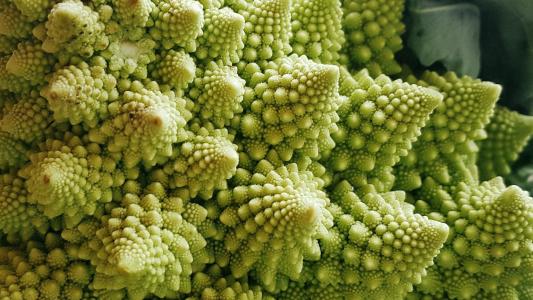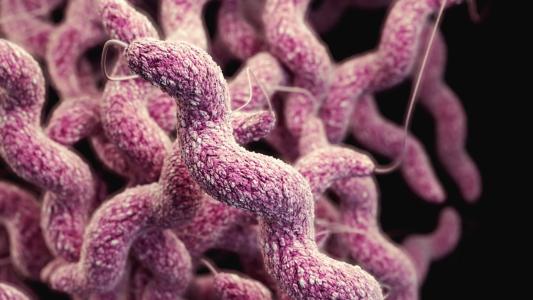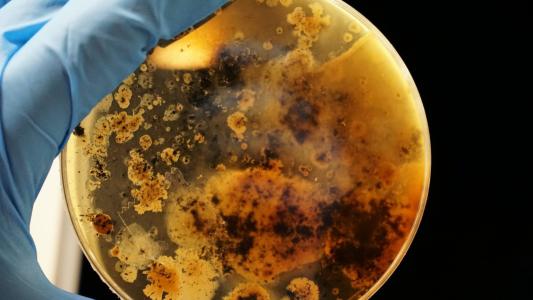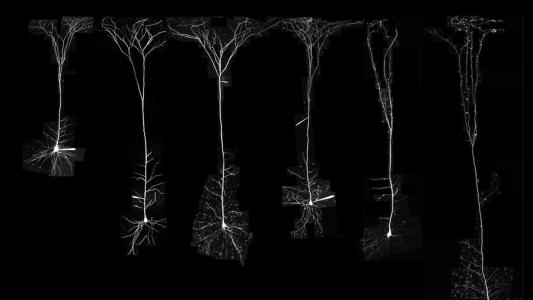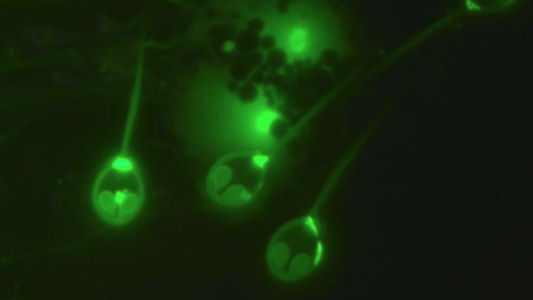Biology
Scientists discover slug that can decapitate itself, grow new body
Scientists observed two species of sea slug that were able to self-decapitate, survive for weeks without organs, and regenerate new bodies.
Five-minute breathing exercise can lower blood pressure
A simple breathing exercise called IMST can lower blood pressure as effectively as meds or aerobic exercise when done for five minutes a day.
Why does nature create patterns?
A physicist explains the molecular-level processes behind crystals, stripes, and basalt columns in nature.
Like genes, your gut microbes pass from one generation to the next
Not only did microbes diversify with their early modern human hosts as they traveled across the globe, they followed human evolution.
Genetically engineered bacteria make living materials for self-repairing walls and cleaning up pollution
With just an incubator and some broth, researchers can grow reusable filters made of bacteria to clean up pollution and more.
Study finds a striking difference between neurons of humans and other mammals
Researchers identified a “building plan” that holds true for every species they looked at — except for humans.
What’s causing the alarming rise in cancer for adults under 50?
A new review finds that 14 different cancers, including eight related to the digestive system, are increasing in people under age 50.
Scientists discover animal that doesn’t need oxygen to live
The parasite infects salmon and lives within the fish muscle, though scientists aren't quite sure how it breaks down nutrients for survival.
Axolotls can regenerate their brains
Axolotls are a model organism researchers use to study a variety of topics in biology because of their regenerative abilities.
Are near-death experiences just psychedelic trips?
One possible explanation of near death experiences is that our brains are flooded with a hallucinogenic, DMT.
